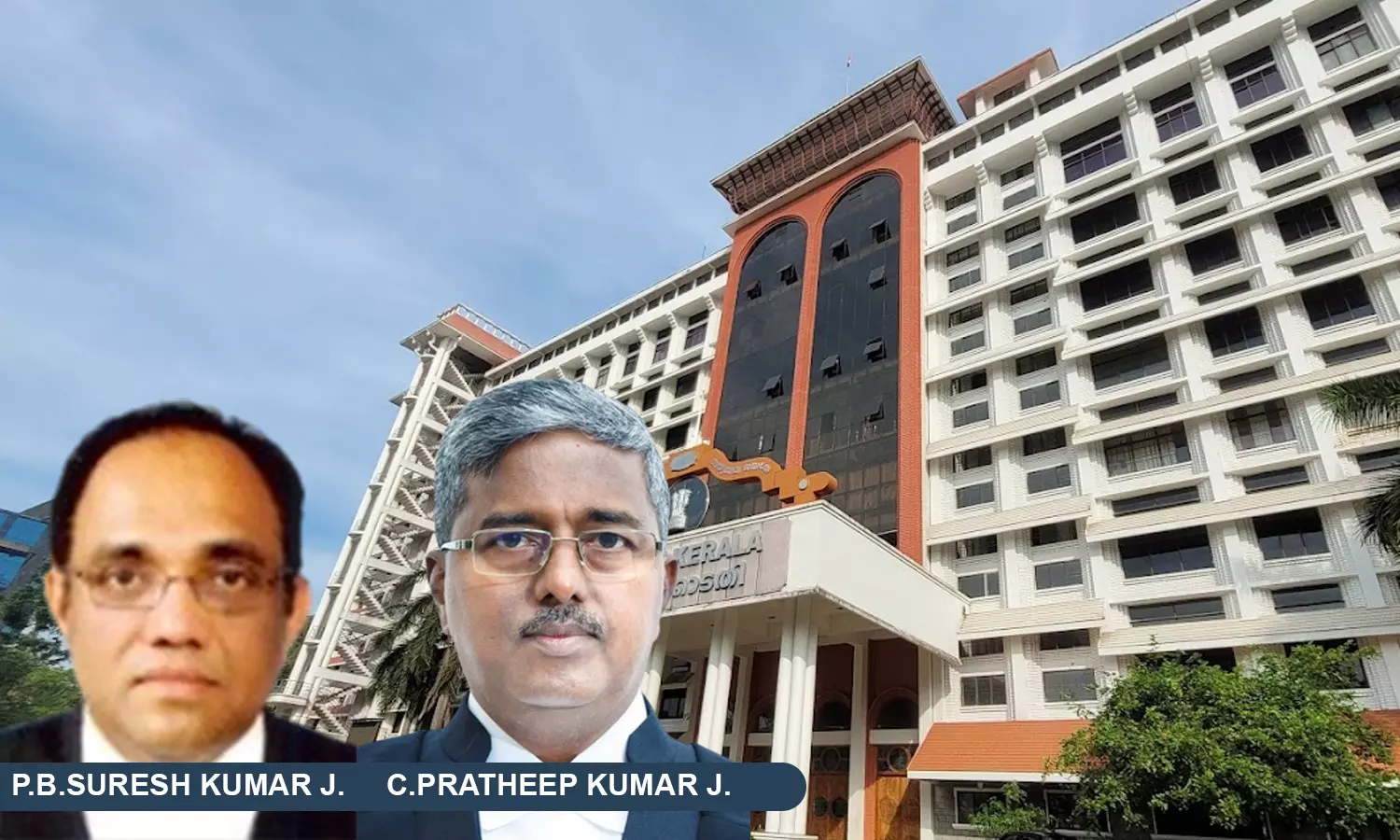
Income Tax Authorities Entitled To Seek Interim Custody Of Currency Notes Seized & Produced Before Magistrate: Kerala HC
 |
|The Kerala High Court ruled that authorities under the Income Tax Act of 1961 are permitted to request interim custody of seized currency notes that have been produced before or reported to a jurisdictional Magistrate as per Section 102 of the Code of Criminal Procedure.
The Court was considering a reference by Single Judge, following conflicting decisions from other single-judge benches. In one such case, Union of India v. State of Kerala, a single judge had ruled that the authorities were entitled to interim custody of seized currency notes based on the provisions of the Income Tax Act. In contrast, another case, R Ravirajan v. State of Kerala, concluded that without a valid income tax assessment and demand, the person from whom the currency was seized could request its return.
Various petitioners had currency seized by different authorities. When these cases were presented to the jurisdictional Magistrate, the competent authorities under the Income Tax Act were granted interim custody of the seized amounts. This decision led the petitioners to challenge the Magistrate's orders in the High Court.
A Division Bench of Justice PB Suresh Kumar and Justice C Pratheep Kumar highlighted that the Income Tax Act grants competent authorities the power to requisition and acquire assets belonging to assessees, thereby allowing them to apply these assets to satisfy tax liabilities.
The Court said, “When the Act confers power on the competent authority under the Act to issue a requisition and obtain assets of assessees and adjust the same towards their liabilities, if the competent authority has reason to believe that the asset represents either wholly or partly income or property which has not been or would not be disclosed for the purposes of the Act, according to us, the best suited person to hold the currency notes which have been seized in cases of this nature until the culmination of the enquiry or trial, would be the competent authority under the Act provided it is alleged that the asset represents either wholly or partly income or property which has not been or would not be disclosed for the purposes of the Act.”
Senior Advocate M Ramesh Chander appeared for the Petitioners and Additional Solicitor General of India ARL Sundaresan appeared for the Respondents.
The Court articulated that the Income Tax Act’s provisions—specifically Sections 132 (relating to search and seizure), 132A (concerning the requisition of books of account), and 132B (dealing with the application of seized assets)—support this conclusion.
Upon reviewing the relevant provisions of the Income Tax Act, the Court supported the position established in the Union of India case regarding the authorities' right to interim custody. However, the Bench disagreed with the specific directive from that judgment which mandated that the competent authority must conclude proceedings within six months of receiving the seized currency. The prior ruling indicated that if the proceedings were not completed within this timeframe, the seized amounts would need to be returned to the individuals from whom they were confiscated.
The Division Bench asserted that such a timeframe was inappropriate, clarifying that their focus was solely on determining which party should retain custody of the seized currency notes pending the conclusion of inquiries or trials.
Cause Title: Kasinath Ragonda Kanade & Anr. v. State of Kerala & Ors.
Appearance:
Petitioners: Senior Advocate M Ramesh Chander, along with Advocates Bejoy Joseph PJ, P Raghunath, Govind G Nair, Bonny Benny, and Balu Tom
Respondents: Additional Solicitor General of India ARL Sundaresan, assisted by advocate Navaneeth N NathClick here to read/download Order